Actors’ strike shuts down major productions in Australia, including Apples Never Fall and Mortal Kombat 2
The first combined Hollywood actors’ and writers’ strike in nearly 60 years covers all American commissioned work, regardless of where the production is being filmed.

A slew of multimillion-dollar film and TV productions in Australia have halted as a result of the first Hollywood actors’ strike in nearly 60 years, dealing a blow to the nation’s efforts to rival the US as a cultural powerhouse.
Film and television production in Hollywood, and on US productions worldwide, came to a standstill on Friday as the American actors union SAG-AFTRA voted to strike.
During a press conference in Los Angeles, SAG-AFTRA’s leadership said the strikes could have a domino effect around the world, including productions in Australia.
The strike covers all American commissioned work, regardless of where the production was being filmed. Screen Producers Australia anticipated that a limited number of scripted “offshore” productions will be affected by the strike, with cast and crew stood down while the strike continues.
“Basically, production is going to stop,” Claire Pullen, Executive Director of the Australian Writers Guild, told The Australian.
Already, the strike has claimed a high-profile casualty: the audacious $188 million Apple TV+ reimagining of the 1927 Fritz Lang film, Metropolis, helmed by Sam Esmail – one of the largest productions ever planned for Australia – was cancelled in June after mounting costs and unfinished scripts made production impossible.
The Australian understands that production on Universal’s Apples Never Fall, a series adaptation of Liane Moriarty’s novel of the same name, which is filming in Queensland and stars American actor Annette Bening alongside Sam Neill, will stop at 5pm Friday, in line with the midnight deadline in LA for strike action to commence. Variety meanwhile reports delays on the martial arts film Mortal Kombat 2, which is being made on the Gold Coast at Village Roadshow Studios.
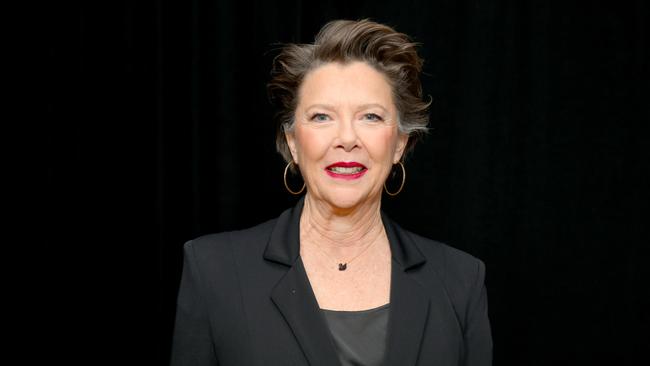
Ausfilm, the body responsible for connecting international studios with Australia, declined to comment on how the strike would impact the production slate of international projects made in Australia.
Australian actors who are also SAG members, including the likes of Margot Robbie and Succession star Sarah Snook, are also expected to strike. “It’s going to have a real direct impact on big international stars like that. Because all of them, I imagine, will comply with the directions,” says Pullen.
At the Barbie premiere in London on Thursday, Robbie said that she would “absolutely” take part in the strike. “I’m very much in support of all of the unions,” she told Sky News. “And I’m a part of SAG so I would absolutely stand by that.”
The Hollywood actors’ union approved a strike on Thursday for the first time in 43 years, after negotiations with studios over a new contract collapsed, with streaming services and artificial intelligence at the centre at the debate. The actors last staged a major walkout in 1980, staging a 95-day strike demanding to be compensated for the introduction of home video.
The actors will join screenwriters, who walked off the job in May, on picket lines across America. It marks the first time that the writers and actors guilds went on strike together since 1960, when Ronald Reagan was president of the Screen Actors Guild.
Per the SAG-AFTRA Strike Notice and Order, local scripted productions, which are produced and controlled by Australian production companies and involve both Australian and imported SAG members, will remain unaffected by the strike.
This exemption applies as long as these productions engage all cast members under the Australian Industry Contracts, following the guidelines set forth in the Global Rule One Agreement between SAG-AFTRA and the Media Entertainment & Arts Alliance (MEAA).
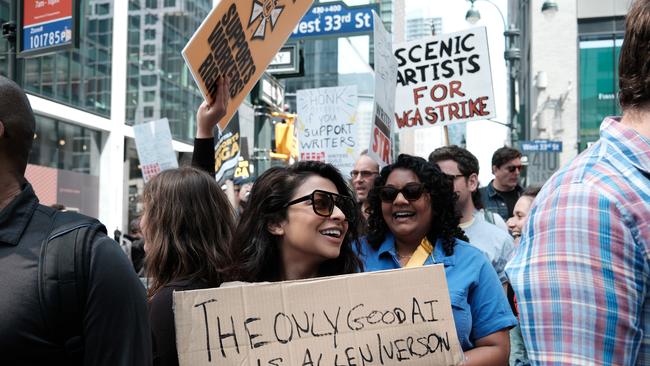
The Hollywood writers’ strike has persisted for the past 10 weeks. Pullen says that as of week 7, the studios had lost more money than they would have had to pay if they had paid the writers’ claims in full. “We’re at the point now where this isn’t a business decision; there’s something else going on about why they’re holding out,” she says.
In November 2007, the last time US writers went on strike for 100 days, many American studios shut down. With no new content to air, the US sought its entertainment from overseas, particularly from English-speaking countries like the UK and Australia.
Whether Australian productions will benefit from these strikes is unclear, though Pullen tells The Australian that streaming giants like Netflix, Amazon, and Disney “who are making billions of dollars from Australians” have an obligation to invest in producing Australian content.
“The sensible business decision is to make more things in Australia that Australians want to watch and that you can sell around the world. It makes sense to just be businesslike about it and go ‘right, we’re going to have to do a certain amount of this – let’s just get to it.’”


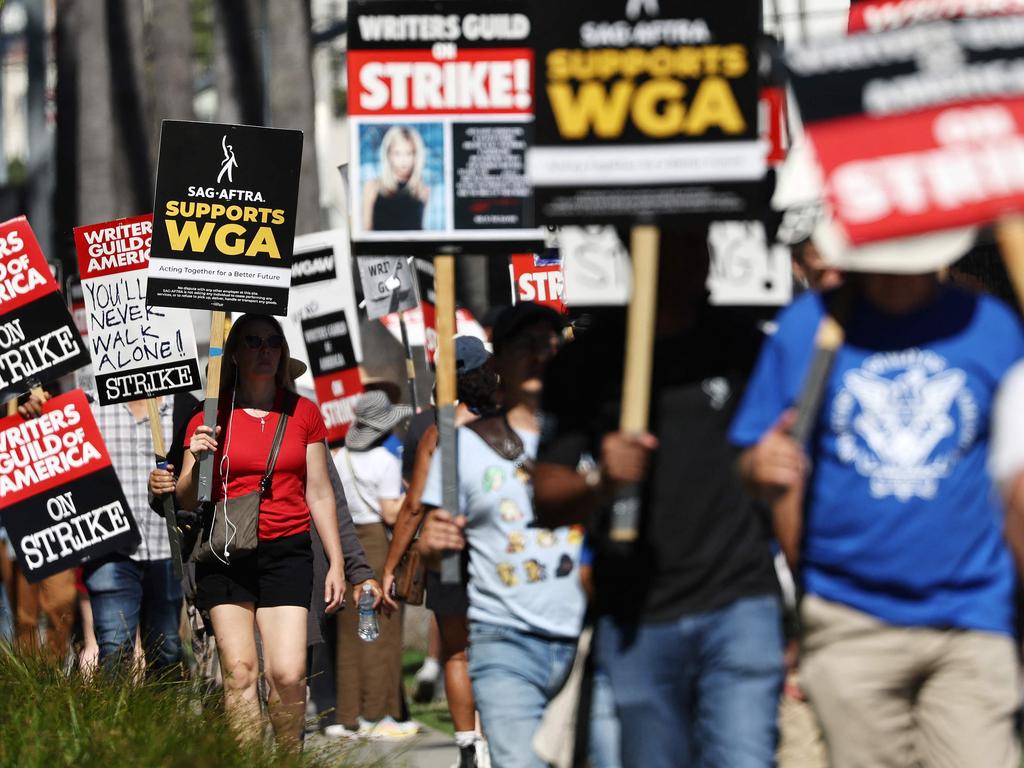
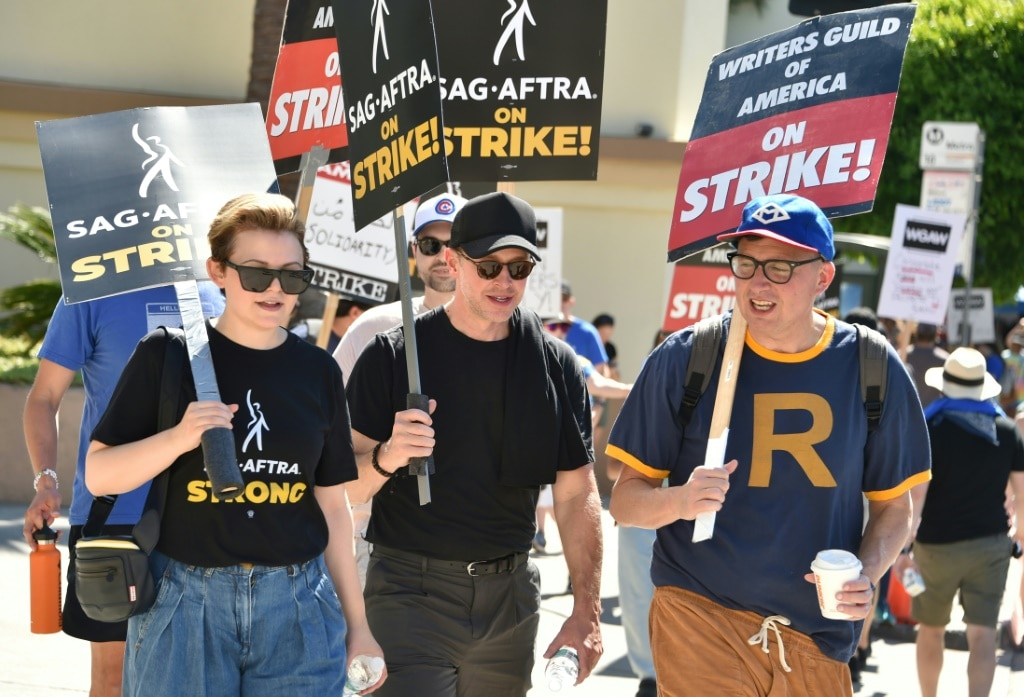
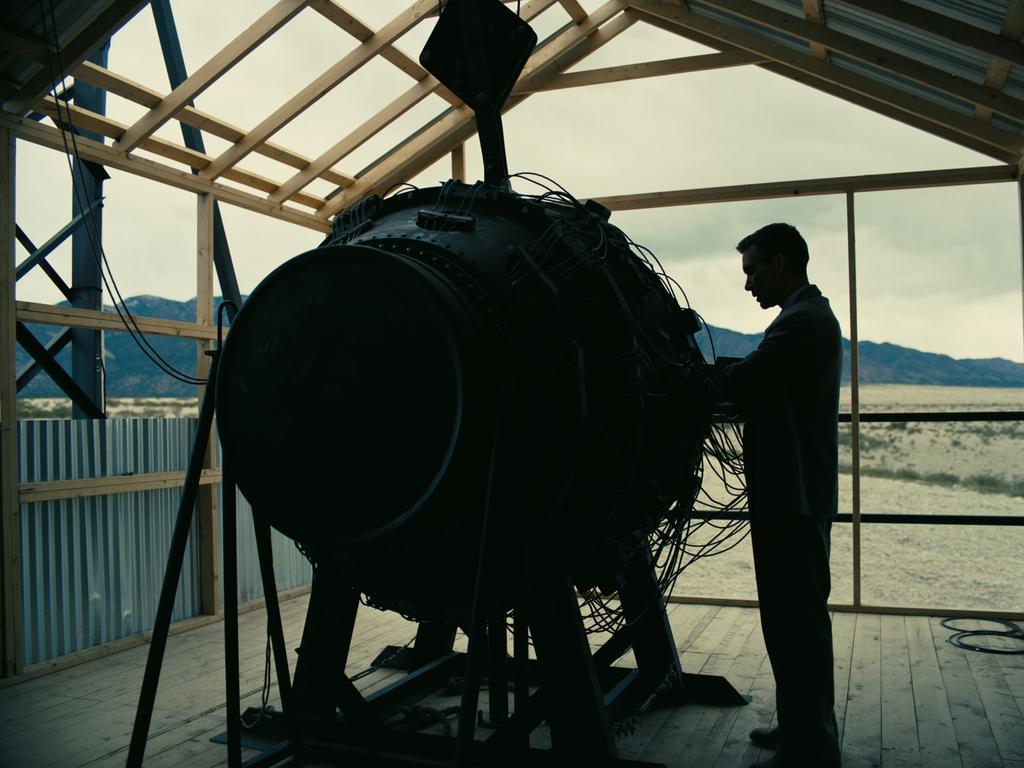
To join the conversation, please log in. Don't have an account? Register
Join the conversation, you are commenting as Logout